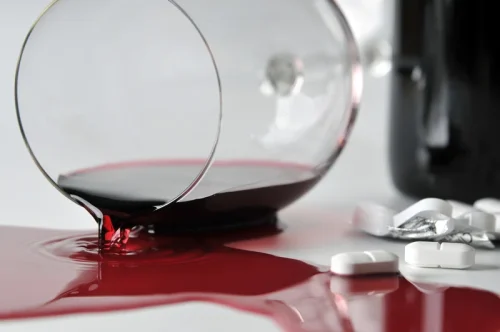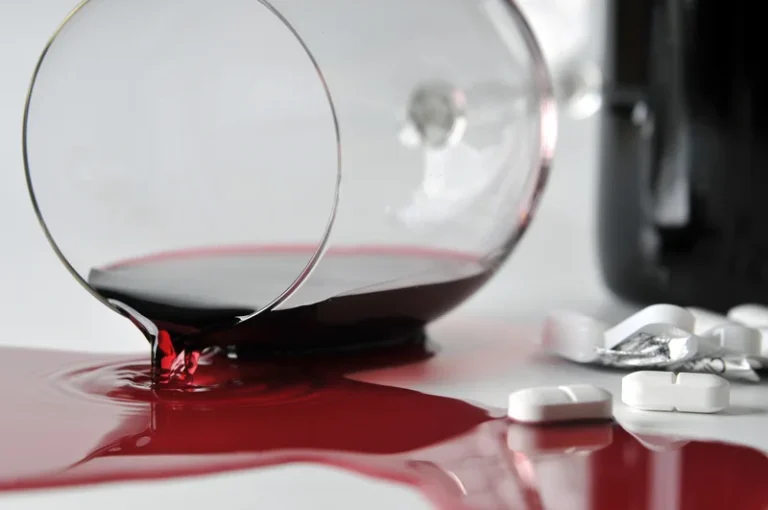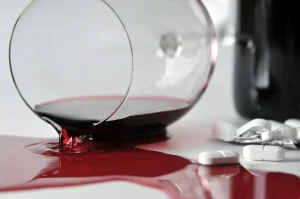Alcohol Withdrawal Seizure Treatment & Prevention

Withdrawal occurs when a person drinks large quantities of alcohol for a period of time and then suddenly stops or reduces their intake. Binge drinking can cause alcohol withdrawal seizures in people, even for individuals who do not have epilepsy. Over 50% of alcohol withdrawal seizures may relate to additional risk factors, such as preexisting epilepsy, structural brain lesions, or drug use. According to a 2017 article, alcohol withdrawal seizures in those without epilepsy may occur 6–48 hours after a person consumes their last alcoholic drink. This is a serious complication of the alcohol withdrawal syndrome and needs to be treated in a hospital emergency room.
- • The recommended initial preventive thiamine dose is 200 mg; if Wernicke encephalopathy is suspected, give 200 mg three times daily for at least 2 days.
- Research shows people who have a supportive social network are more likely to remain alcohol-free after withdrawal.
- Someone with a mild-to-moderate alcohol use disorder may have a problem with alcohol without developing significant dependence.
- The sooner you begin treatment, the better your chances are of preventing life threatening complications.
Lifestyle Quizzes
As the parenteral form of clomethiazole is no longer available, its application is dependent on sufficient alertness and cooperation to enable peroral treatment. For adequate alleviation of delirious symptoms, 200 mg capsules are administered (maximum 24 capsules per day) and doses are repeated every 2–3 h until alcohol withdrawal seizure sufficient calming. As with BZDs, CNS respiratory center depression may emerge, especially in combination with BZDs, whose daily doses should be reduced to 15–20%.
- It’s hard to pinpoint an exact number for each person because everyone’s different.
- The first goal of treatment is to keep you comfortable by managing your symptoms.
- People with epilepsy should consult their doctor before using alcohol, as alcohol can affect epilepsy medications.
- This increased activity could cause seizures, which are a severe and potentially life-threatening complication.
Alcohol withdrawal syndrome: mechanisms, manifestations, and management

Symptoms of alcohol withdrawal tend to peak 24 to 72 hours after your last drink. Reducing or abstaining from alcohol is essential, as even moderate intake can increase seizure risk, particularly during withdrawal periods. Therapeutic approaches provide strategies to cope with cravings, develop healthier habits, and tackle underlying issues contributing to heavy alcohol use. Evidence-based treatments like cognitive-behavioral therapy (CBT) help modify thinking and behavior related to alcohol use. Individuals with a history of heavy alcohol use or those who abruptly stop drinking are at heightened risk for seizures. There are many potential triggers for someone who is prone to seizures.Flashing lights, especially repetitive on and off or patterns, may trigger a seizure.

Delirium Tremens
- There’s no need to worry about having a seizure or getting delirium tremens because help is always nearby to prevent complications and soothe your uncomfortable symptoms.
- Alcohol withdrawals lead to convulsions because alcohol affects the brain.
- Consuming alcohol seems to aggravate seizures in people with epilepsy and may lead to increased seizure frequency.
- It’s important to always talk with your doctor about whether it’s safe to consume alcohol with your medication.
- You will typically require hospitalization if you experience seizures related to alcohol withdrawal.
- It is important to know the link between them for early symptoms’ identification and quick access to medical help.
Someone with a mild-to-moderate alcohol use disorder may have a problem with alcohol without developing significant dependence. In such cases, alcohol withdrawal may not occur when they cut back or quit drinking. However, about half of people with alcohol use disorders will experience withdrawal symptoms. The patient should be checked for other signs of alcohol withdrawal such as tachycardia, tachypnea, mydriasis, elevated blood pressure, hyperthermia, diaphoresis, and tremor, among others (27). In addition, perform a neurologic examination to determine possible etiology (79).
Contact Discover Recovery for Help with Alcohol Addiction Treatment
Alcohol withdrawal syndrome is a condition that occurs after an abrupt stopping of heavy drinking in people with alcohol use disorders (AUD). References for this review were identified by searches of PubMed between 1985 and 2016, and references from relevant articles. The final reference list was generated on the basis of relevance to the topics covered in this review. This is especially important in elderly patients and those with hepatic dysfunction. Severe and potentially life threatening symptoms of alcohol withdrawal include seizures and delirium tremens (DTs). Medications are essential in treating alcohol seizures, which often stem from excessive alcohol consumption or abrupt withdrawal.
The Role of Laboratory Tests and Imaging in Diagnosing Alcohol Seizures
Accordingly, the combinatory intake of clomethiazole and ethanol should be avoided due to its possible life‐threatening effects. The main ways to prevent alcohol withdrawal are to avoid alcohol altogether or to get professional help as soon as possible if you think you’re developing alcohol use disorder. Your healthcare provider will recommend and encourage treatment for alcohol use disorder. The Recovery Village Cherry Hill at Cooper offers comprehensive addiction treatment for drug and alcohol addictions and co-occurring mental health conditions.
Can you prevent alcohol withdrawal seizures?

Behavioral health treatment for alcohol problems is often (but not always) covered by insurance. In the United States, most states have low-cost or free rehabilitation programs for those who are uninsured. Research shows people who have a supportive social network are more likely to remain alcohol-free after withdrawal. Those with a wider circle of support have a better chance of staying sober. If your home environment is not supportive for staying sober, talk with your doctor.